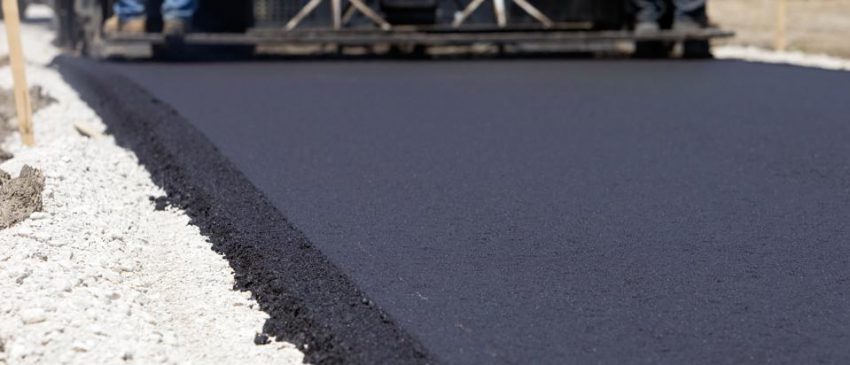The duration of replacing an asphalt driveway can vary depending on several factors, such as the size of the driveway, the extent of damage, the weather conditions, and the availability of resources. As a general guideline, a typical asphalt driveway replacement project can take our crew 1 to 2 days or more. The process usually…




